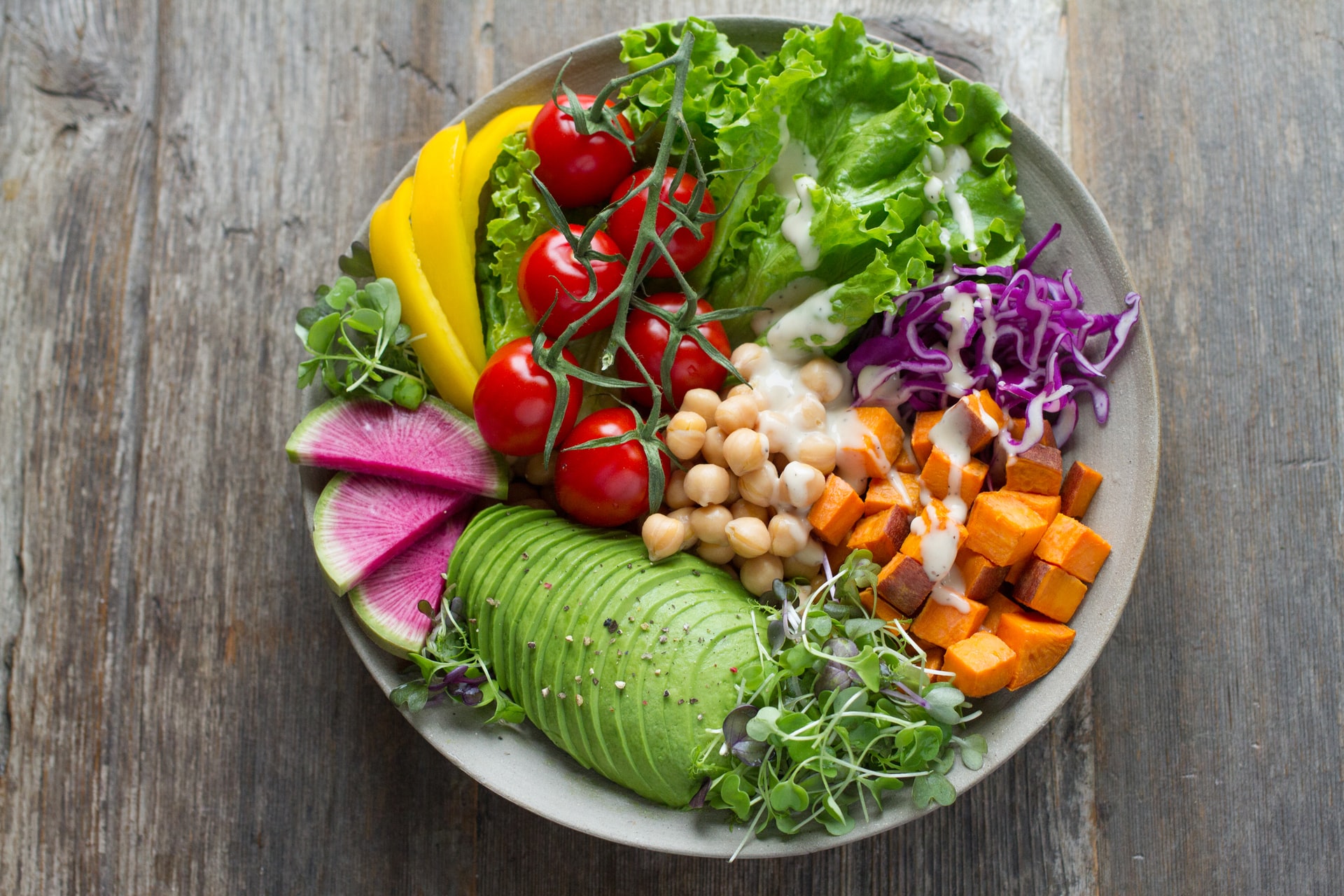
Can you meet your protein requirements as a vegetarian or vegan athlete? You can absolutely meet your protein needs and support muscle growth and repair with a well-planned vegetarian or vegan diet.
It is an outdated myth that meeting protein requirements from plant sources is difficult. Choosing your personal approach to eating must fit your lifestyle, whether for personal health reasons or for other reasons. Protein is the primary building block of our muscles. They require enough protein to grow and function properly. Protein is even more important as an athlete to keep your muscles working at peak performance. Can you, however, get enough protein from plant-based foods to compete at an elite level?
Athletes want to eat a plant-based, vegetarian, or vegan diet for a variety of reasons. Some athletes are drawn to the health benefits of eating more plants. Others may choose to live as vegetarians for religious, environmental, or ethical reasons.
Whatever your reasons for adopting a more plant-based diet, as an athlete, you must still account for your increased nutrient requirements. When you cut out meat or animal products from your diet, you cut out a major source of protein. As a result, you’ll need to be a little more strategic about how you’ll meet your protein needs with plant-based sources.
The key is to learn about amino acids, which are the building blocks of protein. There are 20 amino acids in the human body, but only 9 of them are essential, which means they must be obtained through diet.
Plant proteins are typically deficient in one or more essential amino acids, whereas animal proteins contain all nine amino acids. Many plant foods do contain amino acids that are complementary to one another. This means that one food is high in one amino acid while another is low in another, and the two complement each other. Complementary plant proteins don’t even have to be consumed at the same meal; your body is smart enough to get the amino acids it requires from the foods you eat as long as you eat a variety of foods on a daily basis.
What high-protein foods should athletes consume?
Here are some of the best vegetarian protein sources:
Tofu- 20 grams per 1 cup
Legumes- 7 grams per ½ cup
Tempeh- 15 grams per ½ cup
Quinoa- 4 grams per ½ cup
Nut butters- 8 grams per 2 tbsp
Nuts- 7 grams per ¼ cup
Hemp seeds- 7 grams per 2 tbsp
These are all plant-based proteins that are suitable for vegetarian and vegan diets. To meet protein requirements, some athletes may choose to follow a more flexible vegetarian diet that includes dairy products and eggs. Vegetarians can get plenty of protein from whole eggs, egg whites, cottage cheese, yoghurt, cheese, and milk.
How do you create a vegetarian meal plan now that you know a few different options for the best protein sources for vegetarian athletes?
First, determine how much protein you require each day. This should be tailored to your current training schedule, exercise preferences, and other lifestyle factors. In general, most athletes require 1.2-2 grammes of protein per kg of body weight per day. High protein foods should be consumed in a variety of meals and snacks throughout the day, and they should be balanced with adequate carbohydrates and fat.
Once you’ve determined your objectives, you can devise a meal plan to help you meet them.